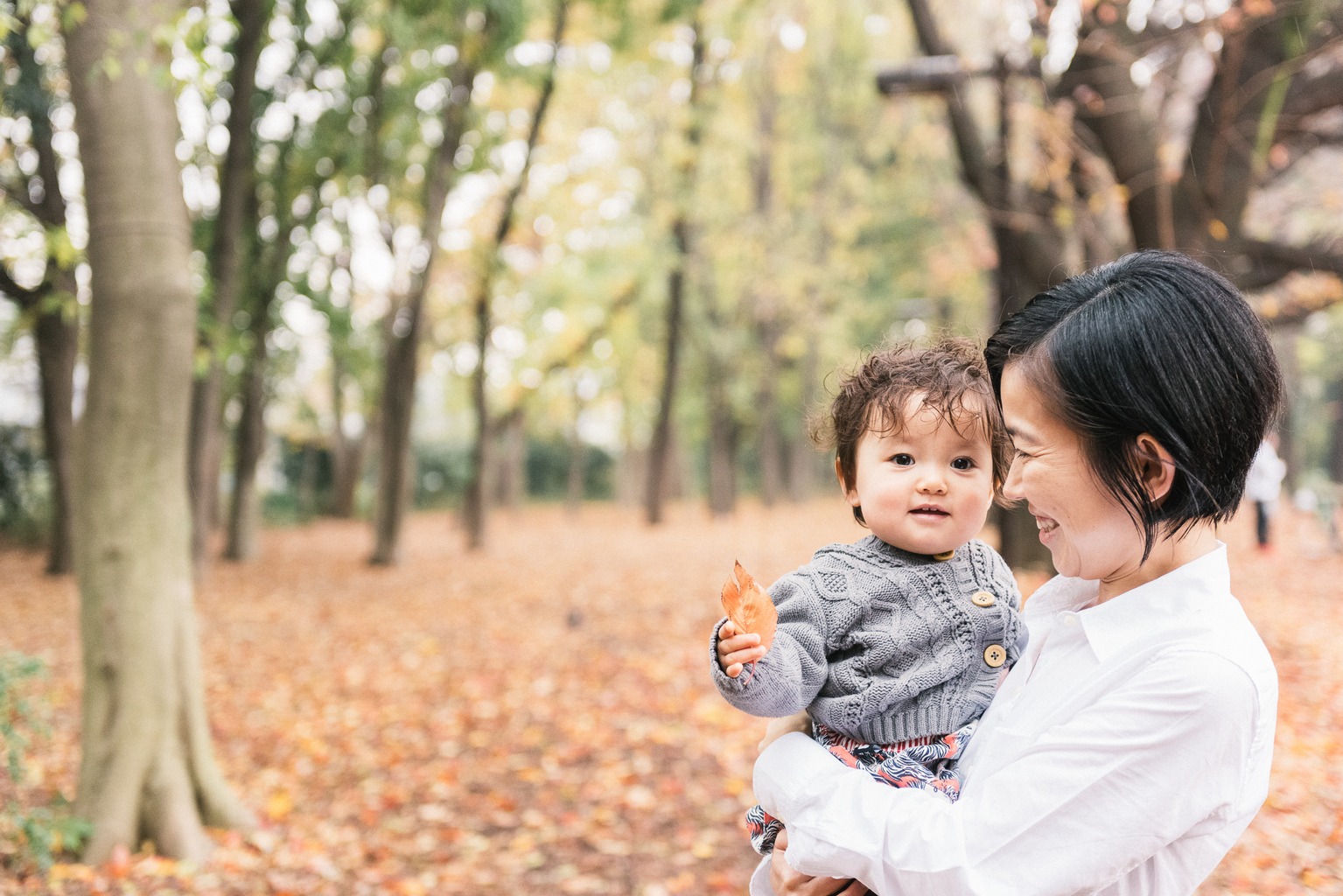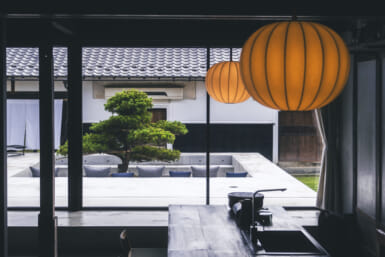Meet Megumi Moss, the woman changing the way parents and childcarers connect in Tokyo.
The year 2013 was a serendipitous one for Megumi Moss. In April, she resigned from her job as business planner at Sony with the aim of launching a babysitter matching service, and just one month later she found out she was pregnant. “So I ended up building CareFinder while raising my daughter,” she says with a smile. “It actually worked out well because I learned a lot from my experience of using babysitters after Anika was born. It helped me to understand parents’ feelings on the subject.”
For Moss, who has poured a great deal of time and research into building up CareFinder’s community of sitters and parents, testing the market and being able to understand first-hand the challenges faced by new mothers has been invaluable. Having spent a decade in the corporate world at Sony, she was already well aware of the concerns amongst women who wish to return to work after having a child – not least that fact that in Japan, there is still pressure to work long hours and a serious shortage of space in government pre-schools.
“Although I really enjoyed my job, it was a male-dominated company and my role required a lot of overtime,” says Moss. “I was worried about how I could continue working there while raising a child.” Even though the company offers support for women in the form of maternity leave and flextime, Moss says there were not enough female role models who were able to return to their previous, high-pressured positions.
So instead of just accepting the way things were, Moss decided to become part of the solution by setting up CareFinder. “After chatting to my husband, who is American, about how popular casual babysitting is in the US, I thought that perhaps it was time to introduce this concept to Japan,” explains Moss. “If you need to work late or go on a business trip, it’s important to know that you have someone reliable on hand to take care of your kids.”

While there are already several babysitting services in Tokyo, a key difference between these and CareFinder is that Moss is cutting out the middleman. Her aim is to connect parents with reliable babysitters through her website, and then, after a relationship has been established, reduce the need to go through the site. This means that costs can be lowered because there is no agency fee, and parents can build long-standing connections with the sitters. “This is also good for your child because they can remember and trust the person who looks after them,” she says. Another key difference is the fact that Moss does background checks on each babysitter. “As a parent myself, I am concerned about safety matters. I do interviews and ID checks, and I help each person to register their details as a freelance babysitter with the government. I also organize regular parent and babysitter meetups.”
CareFinder is the only babysitting matching service in Tokyo to provide both Japanese and English support, and some babysitters are able to communicate in other languages too. The site currently has around 120 babysitters and 300 parents registered, with the sign-up process being simple and straightforward. At the moment, it’s a free service and parents can browse all the registered babysitters, and post job advertisements, but Moss says she does plan to introduce a small fee in the future. Babysitter fees start from ¥1,200, and parents pay the sitter directly.
As for the babysitters, CareFinder has attracted a range of ages, from students in their early twenties to mothers in their sixties. “I have heard from some of the older women that they remember how difficult it was to take care of their children without having any help. Many of them have signed up because they want to give back to younger moms now.” And that, right there, is the heart of CareFinder’s supportive community.
For more information, visit the website at www.carefinder.jp/en
Sponsored Post









